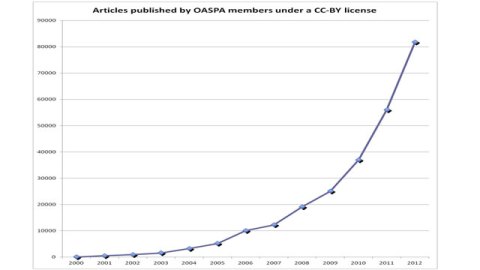Academic Copyright: The bad news and the good news

There has been a lot of tragically depressing news regarding academic copyright recently. Aaron Swartz committed suicide after being hounded for downloading academic papers and now Indian students are being denied access to course material after the Delhi High Court implemented a ban on course packs as a result of a lawsuit from Cambridge University Press, Oxford University Press and Taylor & Francis. The absurdity of the situation is well illustrated by a post published yesterday by NeuroDojo on the cognitive dissonance of an editorial championing scientific openness in a journal costing in excess of $30,000. The sky high prices of academic work are simply unaffordable to poorer institutions and with action being taken to block photocopying, the end result is paywalled work simply doesn’t get seen by students.
The news isn’t all bad however, following last year’s Cost of Knowledge campaign centralised around the Elsevier Boycott, change has been in the wind. Academics are now moving towards open access in droves. The graph above illustrates the number of articles published per year in open access journals such as PLOS, BioMed Central and Frontiers using a CC-BY license. Let’s hope the trend continues.




